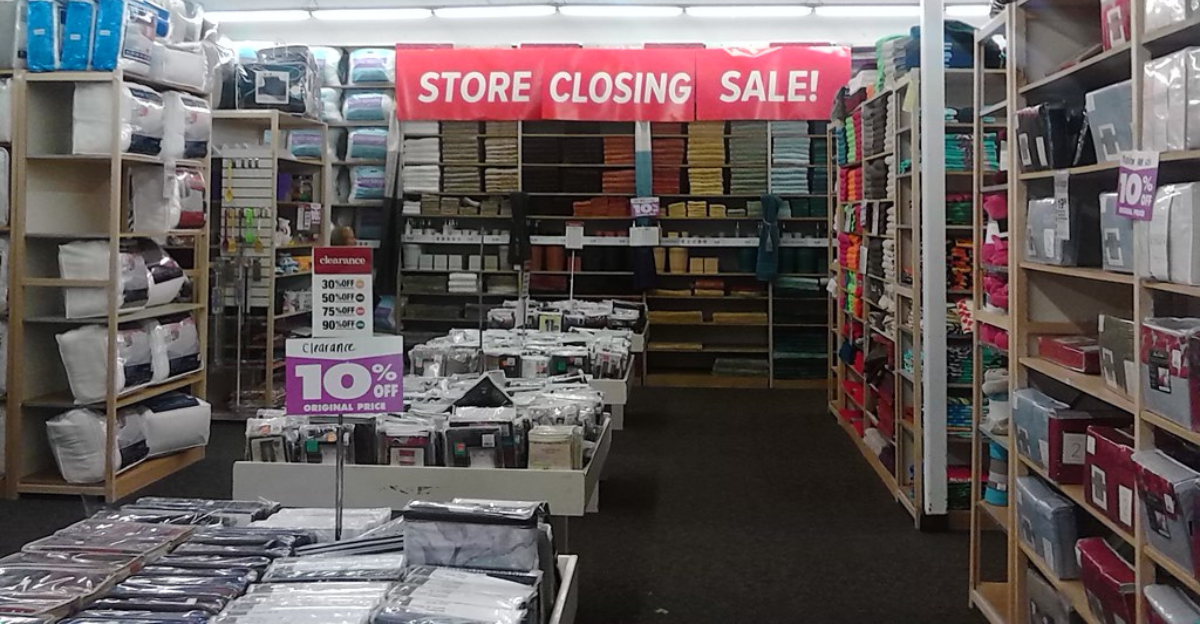
The last decade has been tough on American companies looking to run a thriving business. The economy has been wildly unstable since Trump’s first run in presidency till now. There have been other challenges as well including the COVID-19 pandemic and a constantly changing marketplace.
2025 has been especially difficult as companies have to weigh how looming tariffs could affect their industries, and many businesses might not make it through the year. Below are nine American brands that we are likely to be waving a heartfelt goodbye to…and soon.
Forever 21
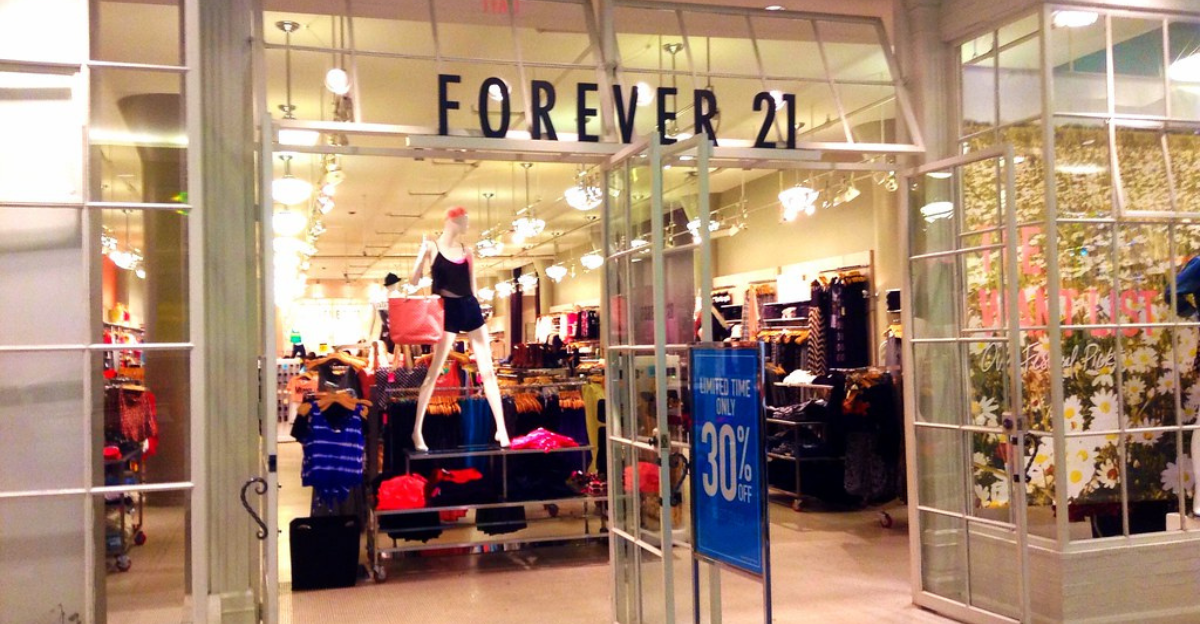
Forever 21 was an American success story. Founded by two Korean immigrants in Los Angeles, the brand grew quickly and soon spread to malls around the country. Teen girls flocked to the stores to shop for the latest fashions.
Chains based in malls, though, are facing major issues, and Forever 21 was no different. No thanks to factors like inflation, rising wages, and a rise in both online shopping and thrift stores, the pinnacle of American Dream may be facing a nightmare.
Recently, Forever 21 filed for Chapter 11 bankruptcy. And that’s the second time that this has happened in six years. Only now, it may be more permanent.
American Mattress
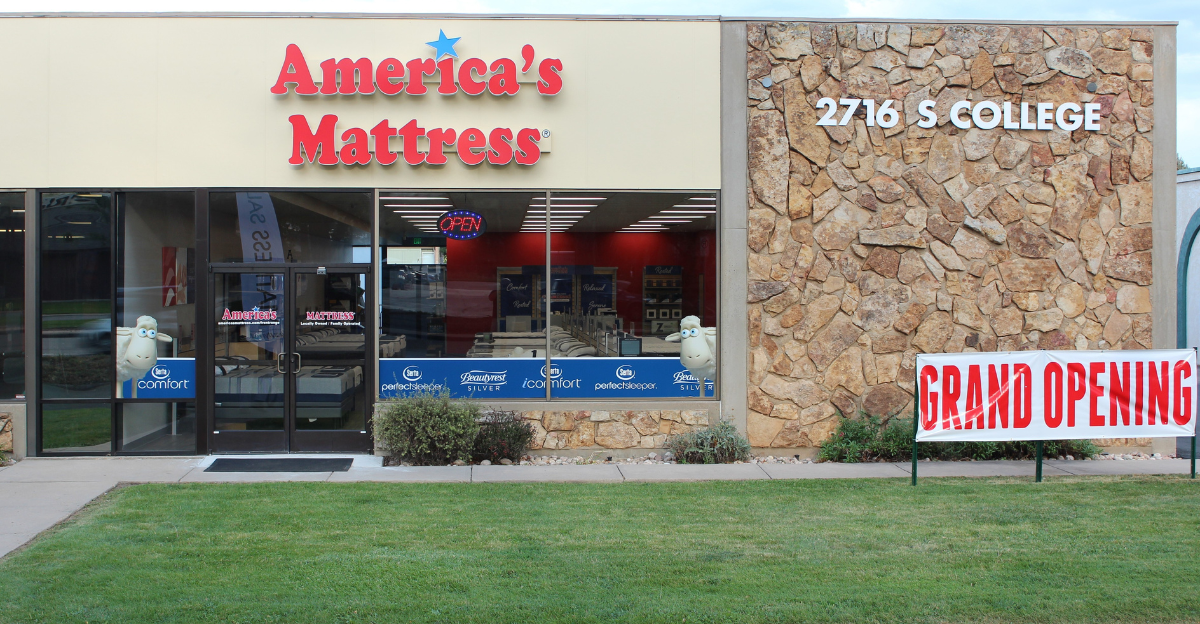
With inflation rising and tariffs threatening the industry, stores that sell mattresses are in trouble. Founded in 1898 in Chicago, American Mattress is one of those brands that has stood the test of time. Standing the test of an unstable economy and tariffs seems to be another thing entirely. Consequently, in May, the company announced that it would be filing for Chapter 11 and closing 52 stores.
Blaming the closings on underperformance and low sales, the company will be shuttering stores in Illinois and Indiana. Interestingly, American Mattress chose not to close any of its stores in Florida, Michigan, or Missouri.
Del Taco
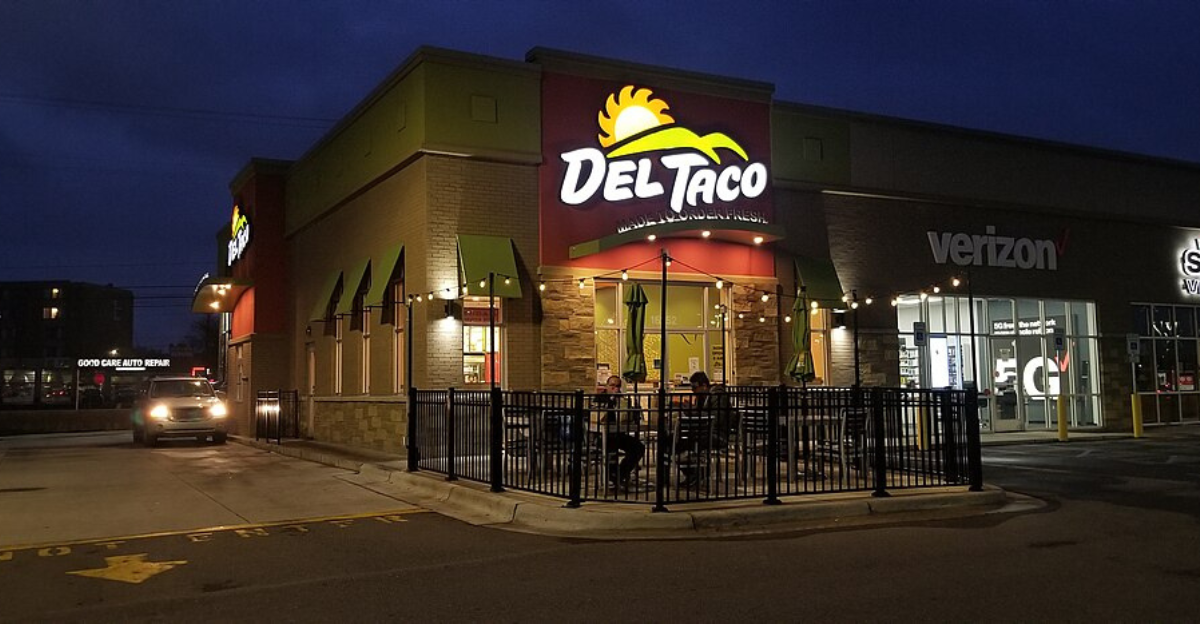
The first Del Taco was founded near Barstow, California, in 1964, and the chain has been a staple on the West Coast. In the 2000s, it began to rapidly expand, and by 2023, Del Taco had more than 590 locations in 17 states.
The rapid expansion has hit a snag in at least a couple of states. An ownership group called Matador was the franchise owner for multiple stores in Alabama and Georgia. The majority of those stores will now be closing. Higher-performing Alabama locations in Opelika, Phenix City, and Huntsville will however remain in operation.
At Home
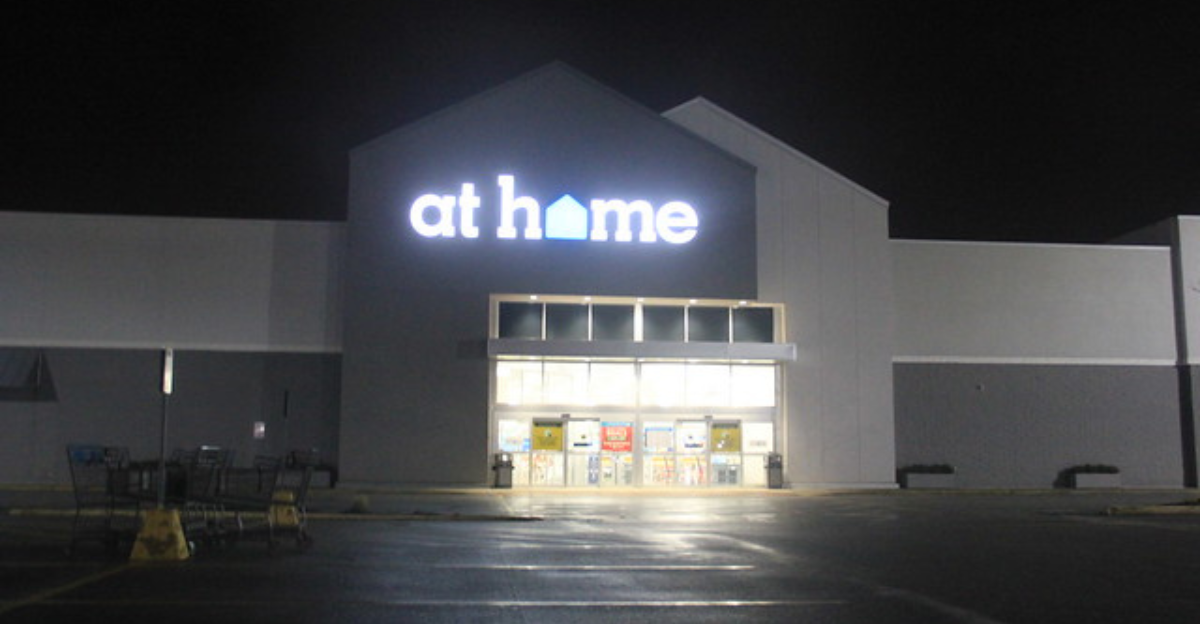
At Home had humble beginnings. Starting as a pottery store in Texas in 1979, it has since grown into a massive chain with hundreds of locations across the United States. It was one of the few businesses to, at first, benefit from the COVID-19 pandemic as people focused on beautifying their homes during the lock down.
As part of its business model, At Home heavily relies on imported goods, making Donald Trump’s focus on tariffs a disaster for the company. At Home declared Chapter 11 bankruptcy in June 2025, announcing that it would be closing 20 of its 250 stores. Tariffs could eventually put the home furnishings brand out of business.
Claire’s
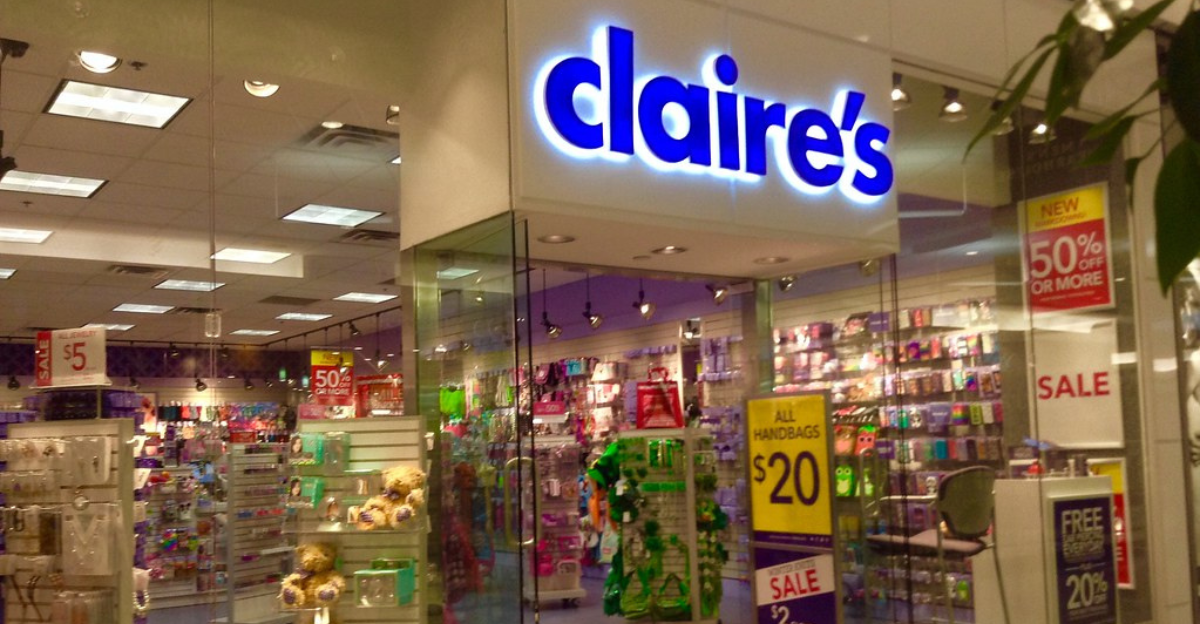
Created in 1961 in Chicago, Illinois, Claire’s is a clothing and accessory retailer aimed at young girls and teenagers. An awful lot of people who had their ears pierced in America over the last 50 years did so at the chain, as Claire’s claims to have pierced more than 100 million ears.
At one point, Claire’s had more than 3,400 stores in 37 different countries, but the United States location is not performing well at all. In fact, the company’s American arm is considering declaring bankruptcy due to rising costs and lagging demand.
Hooters
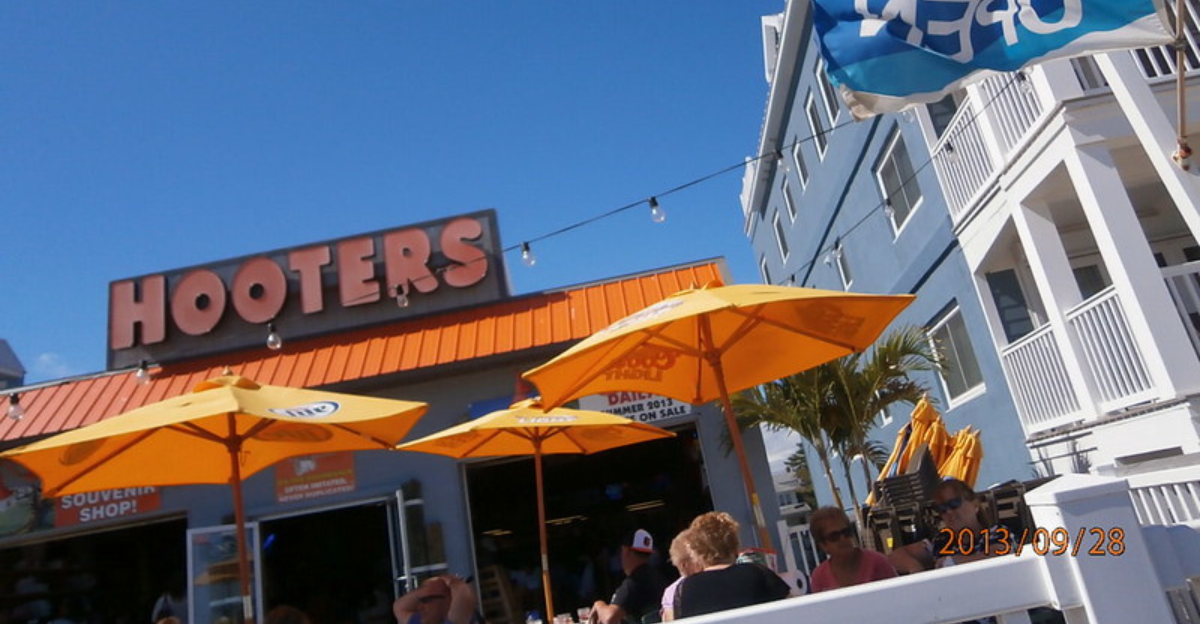
Hooters has been a popular chain in the United States for decades, especially in the 1990s and early 2000s. But things have turned for the worse for the brand over the last 10 years or so. There is a percentage of Americans who find the chain to be exploitative, and there has been a downward trend in people dining out.
Hooters did have one success in 2025, having a viral moment during the opening of a store in Florida’s The Villages neighborhood. But the brand has also had to close at least 3 stores in Texas, Florida, Tennessee, Georgia, and Indiana.
Liberated Brands
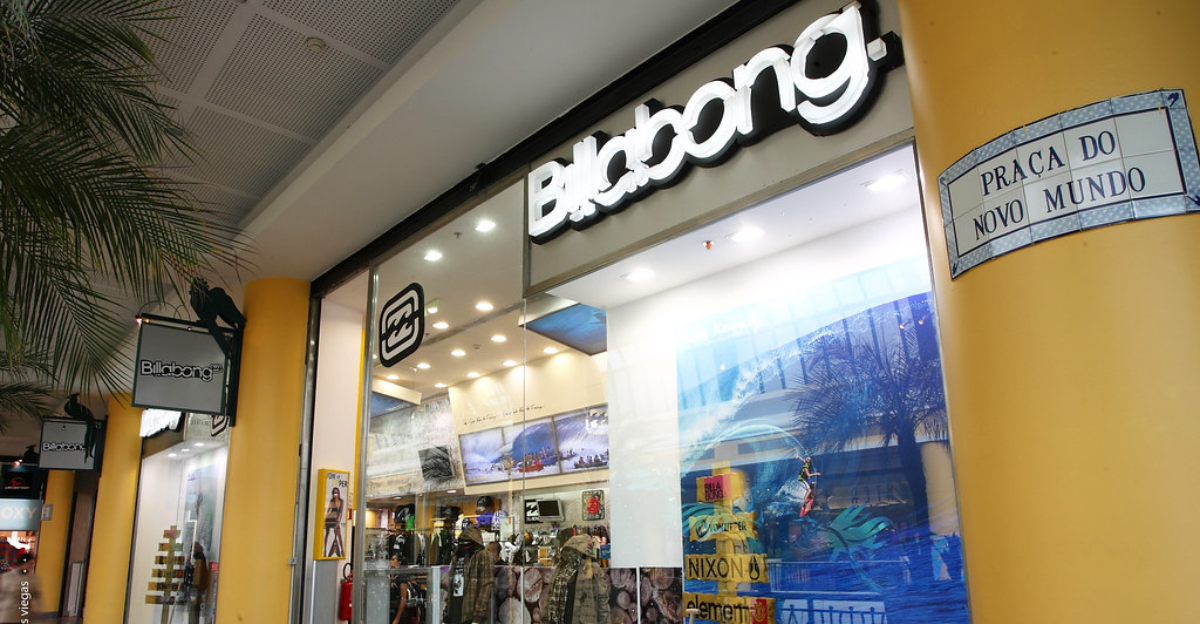
Skateboarding began to gain in popularity throughout the late 1970s and early 1980s. People were not only interested in the sport, but also in the lifestyle behind skating and surfing. Liberated Brands owns some of the key clothing lines in this segment: Quiksilver, Billabong, and Volcom.
Things completely collapsed for Liberated Brands in 2025. The company filed for Chapter 11 bankruptcy earlier this year. In addition, Liberated0 closed all 124 of its stores and let go of 1,400 employees. The popular clothing brands will not be going away, but they will seek a new U.S. licensee.
Sonic Drive-In
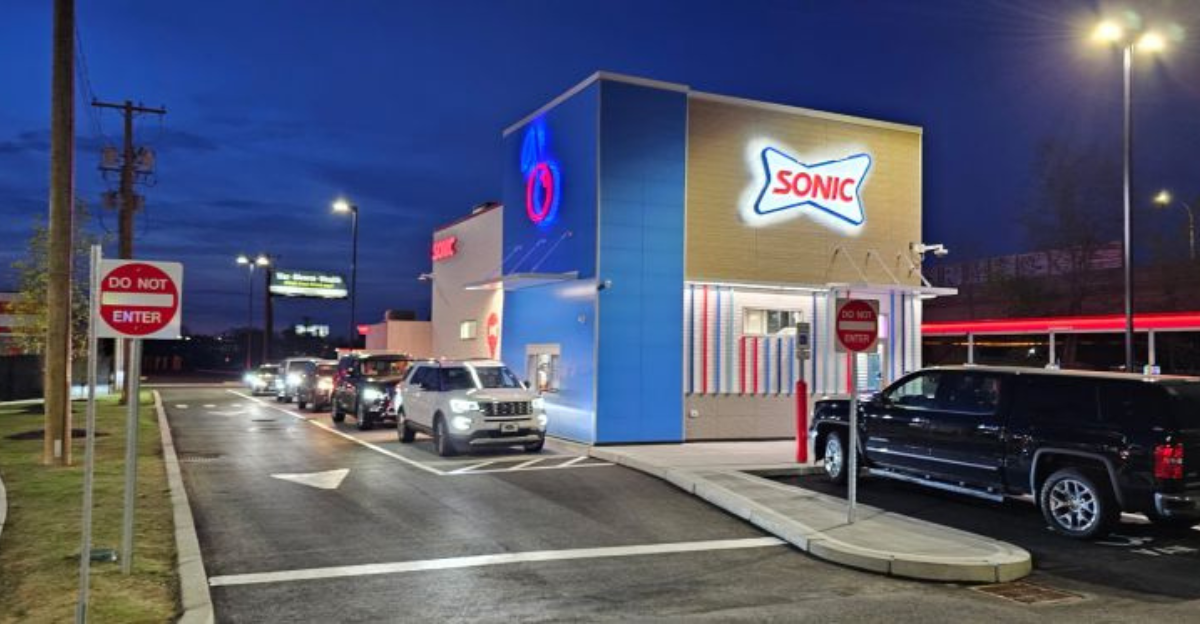
Sonic Restaurants began in Oklahoma and soon became popular across the U.S. South. In the old days, servers brought you food on roller skates, but that has changed over time. Still, with its fresh burgers, large menu, and delicious slushie drinks, the brand expanded into other areas of the country.
Inflation costs have led to people dining out less and have also raised the cost of running a store. Wages have also risen across the country, with the hiring of fast-food-style restaurants. Sonic will be closing several locations around the country.
Denny’s
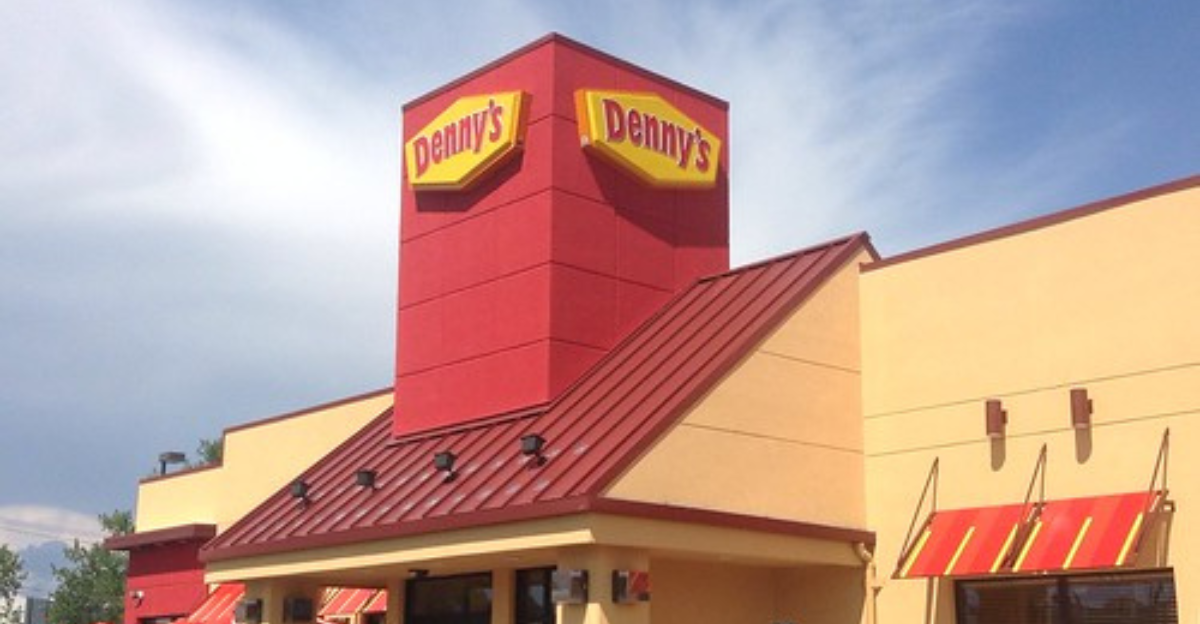
An American icon, Denny’s began as a humble donut stand in California in 1953 and exploded in popularity. By the early 80s, a person could eat at a Denny’s in all 50 states. While there are still more than 1,000 locations, Denny’s announced that it would be closing 90 stores this year.
The restaurant says that the closings are due to a restructuring, a common thing for brands to say when closing stores. The brand still plans on opening 40 new stores this year in territories they believe are strong for them.
